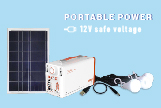 Can Solar Energy be Stored?
Can Solar Energy be Stored?
Aug 08, 2023
As the world continues to shift towards renewable energy sources, solar power has emerged as one of the most promising options. However, one of solar energy's biggest challenges is its intermittent nature. The sun doesn’t always shine, and when it does, the energy produced needs to be used immediately or it is lost. This has led many people to ask: can solar energy be stored? The good news is that the answer is yes. In recent years, significant advancements have been made in solar energy storage technology, allowing us to store excess solar power for use when the sun isn’t shining.
It’s Not Constantly Produced
One of the most significant downsides of solar power is that it can’t always be produced. Since peak power hours, and therefore the most expensive, tend to be when the strength of the sun is beginning to wane, it would make sense to be able to store solar energy for when it’s most needed.
Lowering Power Bills
Solar power can offset energy bills during peak hours. Every energy provider increases their energy costs, usually in the evening between 4-9. Of course, this is when you’re cooking a meal, and the kids are watching TV—the perfect time to harness stored solar energy instead of using expensive grid power.
Reducing Carbon Footprint
Using solar storage can help reduce your carbon footprint. Using a portable power station as storage, for example, can be used in any room in the house or taken on camping trips to power your essential (and, honestly, non-essential) appliances.
Power Resilience
Power outages can happen almost anywhere, and solar batteries can help bridge the gap when the grid goes down. Storing solar energy can protect us from the adverse effects of blackouts by allowing us to decentralize our power.
Do solar panels store energy?
Solar panels don’t store energy. They simply collect the sun’s rays, which then get turned into electricity using an inverter. Without any solar storage, the excess power just goes back into the grid, which means in the event of a power outage during the night, a photovoltaic solar system is little help.
How is solar energy stored?
Solar Batteries
There are several ways to store solar energy, depending on the amount and industry. Solar batteries are the most common way to keep solar domestically. They’re affordable, resilient, and an excellent way of decentralizing power.
How do solar batteries work?
Put simply, solar batteries work through a series of chemical reactions that store solar energy captured using solar panels and then release energy as electricity.
The solar panels convert sunlight into DC electricity, which then passes through a charge controller and is stored in the battery. The charge controller regulates the flow of electricity from the solar panels to the battery, ensuring that the battery doesn’t become overcharged or undercharged.
Types of solar batteries
The batteries used in solar energy systems are typically made of lithium-ion, lead-acid, or flow chemistry.
Solar backup power for home
Having solar panels producing electricity for your home is a real selling point. You’re not only saving money but reducing your carbon footprint, too. But, without solar batteries to collect the energy, you still rely on the grid at night or on cloudy days. Portable solar batteries can act as a solar panel backup to store energy for your home. They’re also great for on-the-go, camping, RV-ing, or even electric vehicle charging. Jntech batteries can be used daily and come in a range of capacities and output power to fit a whole host of energy needs.
Read More
 Can Solar Energy be Stored?
Can Solar Energy be Stored?
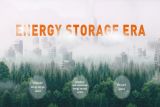 What is energy storage?
What is energy storage?
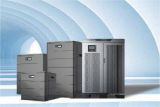 Battery storage systems are advanced energy storage solutions
Battery storage systems are advanced energy storage solutions
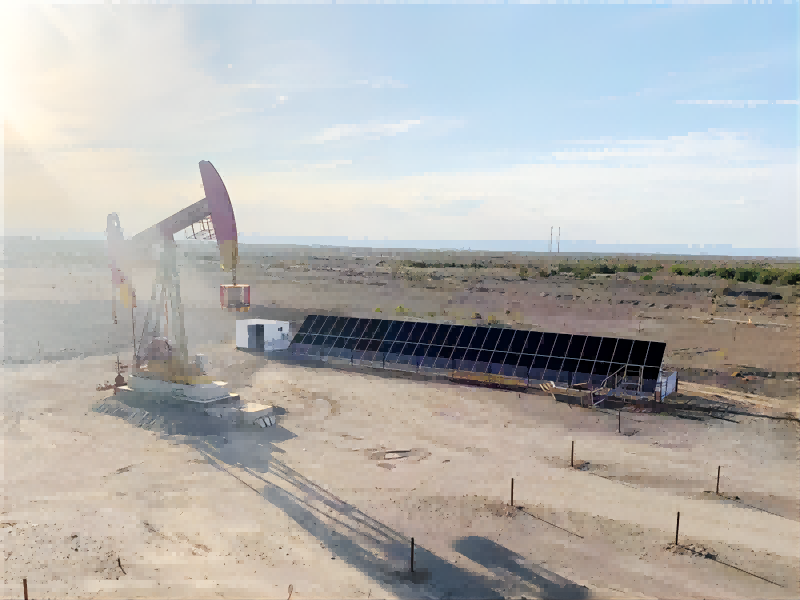 solar power system
solar power system
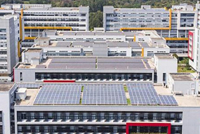 Jntech solar storage products
Jntech solar storage products